T4K3.news
Byron Black to be executed with working defibrillator
Byron Black's execution in Tennessee raises ethical concerns about potential suffering.
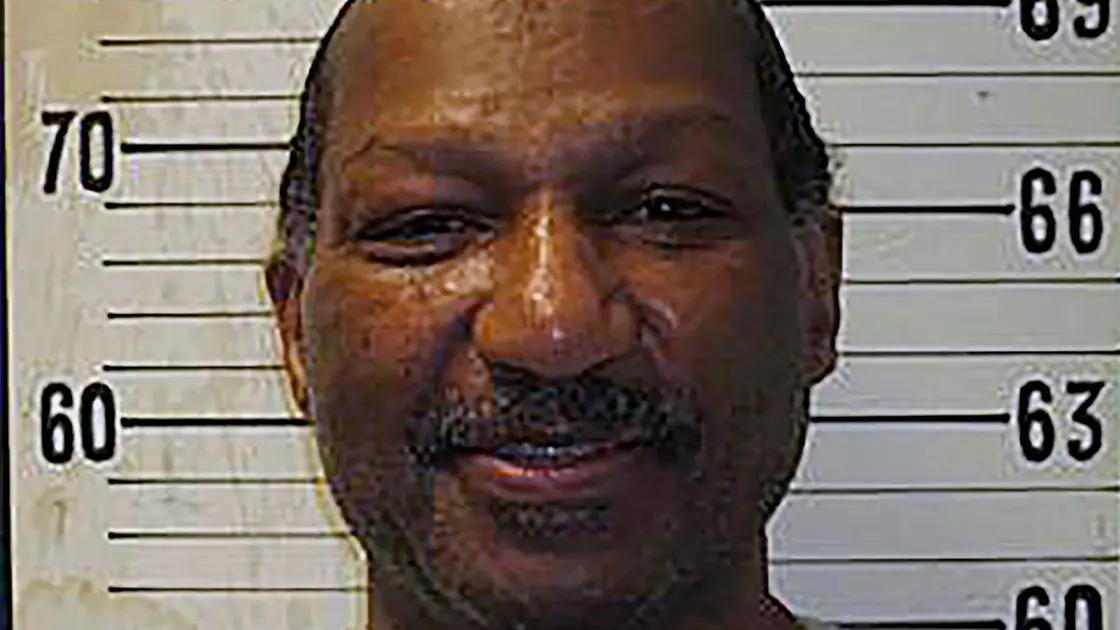
The execution raises ethical concerns over potential suffering during lethal injection.
Byron Black faces unprecedented execution with defibrillator
Byron Black, a 69-year-old convicted of murdering three people, is set to be executed in Tennessee with a working defibrillator implanted in his chest. His lawyers sought to delay the execution due to concerns that the device could shock his heart during the lethal injection, causing unnecessary pain. Tennessee's Supreme Court ruled against deactivating the defibrillator, stating the lower court lacked authority. Black suffers from several serious health issues, including dementia and kidney failure, raising further ethical questions about the execution process. Victims' family members support the execution, citing justice for the heinous crimes committed.
Key Takeaways
"This execution could become a grotesque spectacle."
Black's lawyer voices concerns over potential suffering during execution.
"He didn't have mercy on them, so why should we have mercy on him?"
Linette Bell supports the execution, reflecting the sentiments of victims' families.
The case of Byron Black illustrates the complex intersection of law, medicine, and ethics. As the first person executed with a working defibrillator, it raises significant questions about the humanity of capital punishment. Advocacy groups and legal experts are concerned about the implications of causing potential suffering through a method that may not comply with humane treatment standards. Amidst rising execution numbers in the U.S., this case could spark further discussions about the morality and legality of lethal injection procedures, highlighting the ongoing debate surrounding the death penalty.
Highlights
- A defibrillator adds a new layer to an already controversial execution.
- Could medical devices complicate the ethical landscape of capital punishment?
- Is justice served if it comes with unnecessary suffering?
- The intersection of law and healthcare shows the complexity of executing justice.
Execution raises ethical concerns
The execution of Byron Black with a defibrillator raises potential human rights violations by risking unnecessary suffering during the procedure.
The execution of Byron Black may influence future legal and ethical discussions surrounding capital punishment.
Enjoyed this? Let your friends know!
Related News
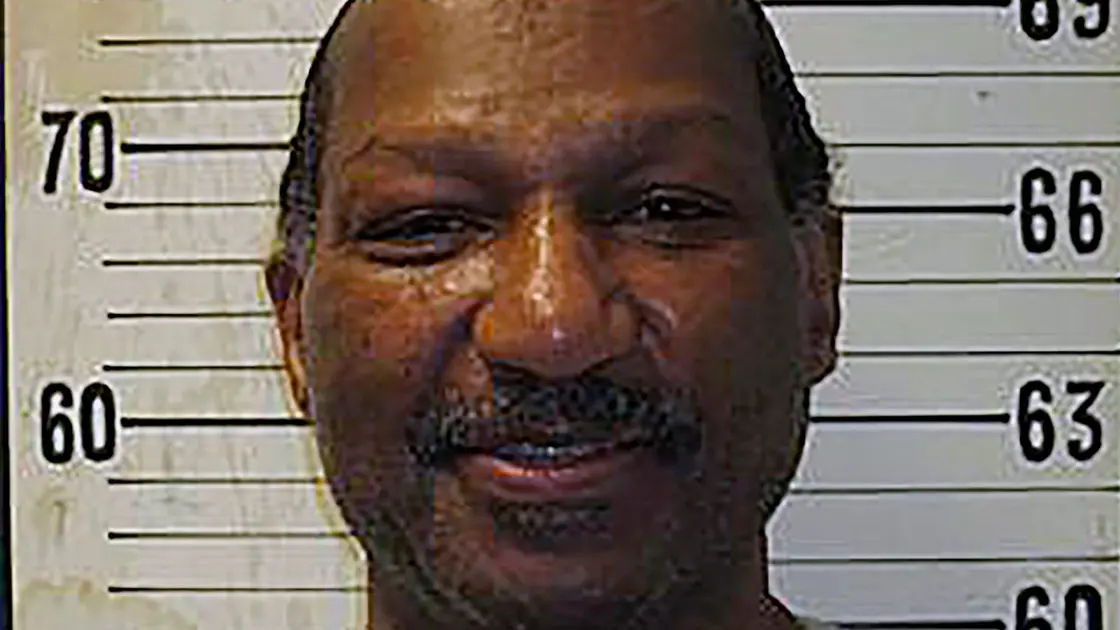
Byron Black executed while having working defibrillator
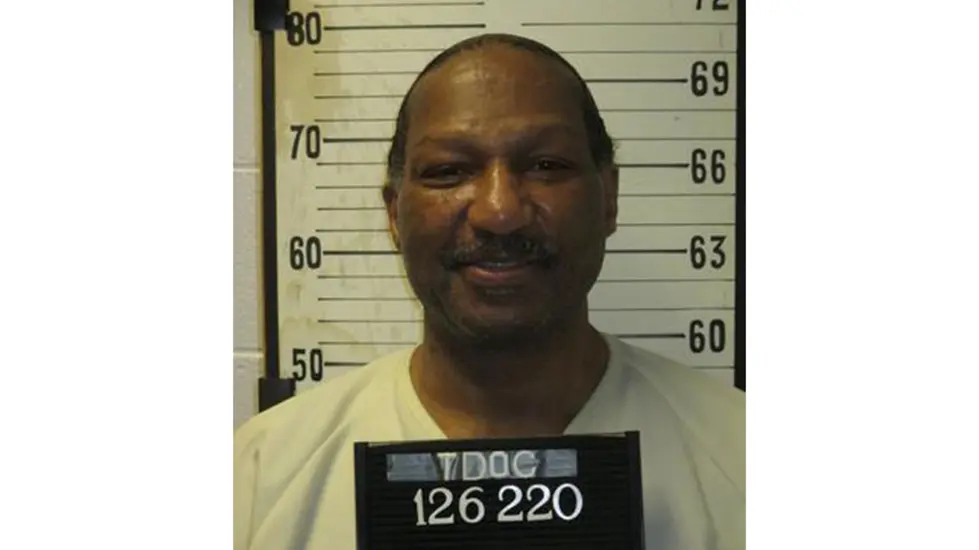
Tennessee prepares for execution of Byron Black with medical concerns
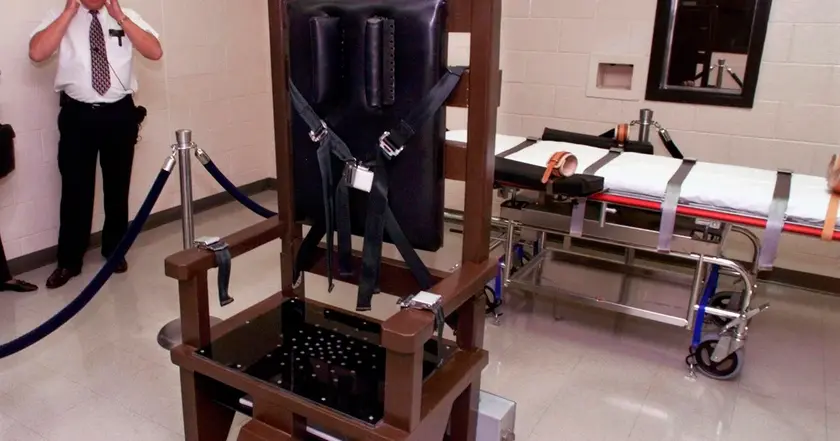
Tennessee executes Byron Black despite health concerns
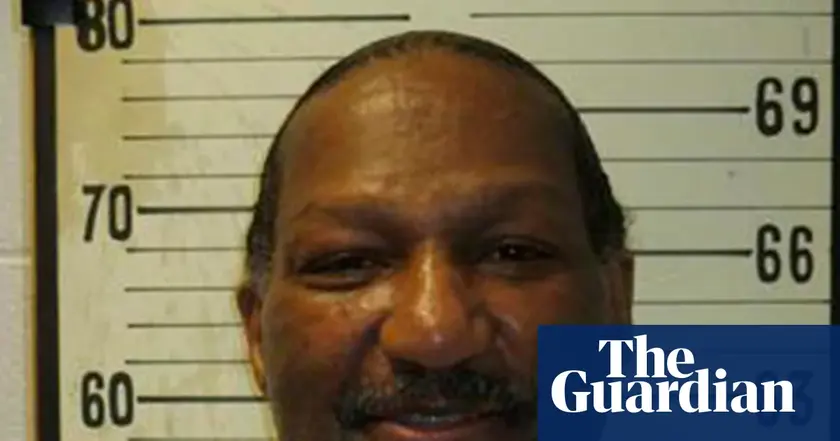
Tennessee moves forward with controversial execution

Tennessee executes Byron Black despite health risks

Tennessee executes Byron Black amid health concerns

Tennessee executes inmate amid health concerns

Tennessee inmate executed despite health concerns
